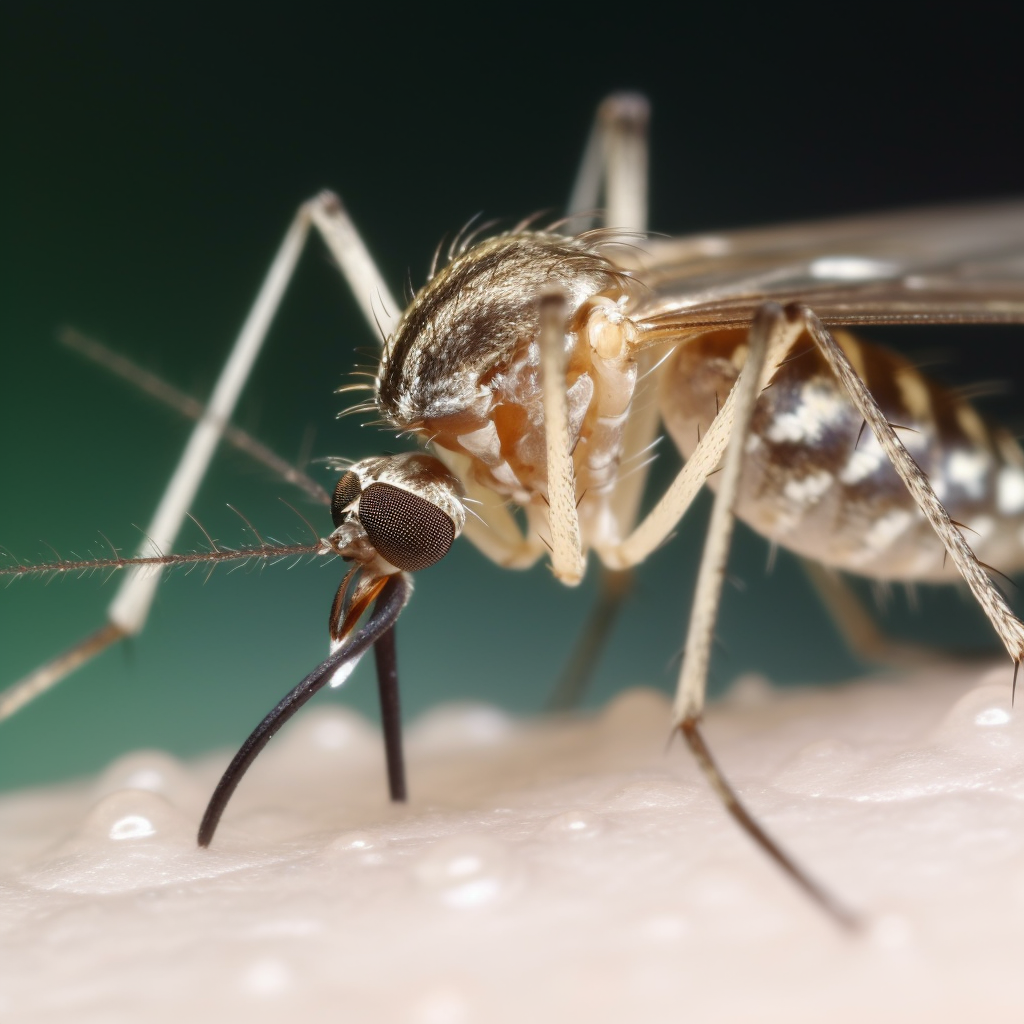April 10, 2023
The Global Spread of Mosquito-Borne Illnesses and the Urgency for Controlling Arboviral Diseases in a Changing Climate.
Book a Demo
Arboviral diseases are a significant public health concern, with the prevalence of these diseases increasing due to rising temperatures caused by climate change. These diseases are predominantly spread by mosquitoes and include chikungunya and dengue fever, among others. Dengue fever has seen a surge in cases globally, with double the number of cases reported in 2022 compared to the previous year. This increase in cases highlights the urgent need to control mosquito populations and prevent widespread outbreaks.
Major cities in Argentina and Bolivia have issued public health alerts following large outbreaks of mosquito-borne illnesses. This has put a significant strain on local hospitals and health systems, which are already overburdened due to the COVID-19 pandemic. Many other regions worldwide have been affected by these diseases, with the World Health Organization expressing concern about their growing prevalence.
Mosquito-borne arboviruses are expanding their territories worldwide, with their increasing geographical spread being alarming. The situation is compounded by rising temperatures, which create favorable conditions for disease-carrying mosquitoes to thrive in previously unaffected regions. Dengue poses a risk to 129 countries globally, with case numbers rising dramatically, and chikungunya is experiencing a surge in the Americas.
Nearly half of the world’s population is now at risk of dengue, and climate change is contributing to the global spread of mosquito-borne diseases. Urgent action is needed to control the spread of these mosquitos and prevent larger outbreaks in new areas. Preventive measures include controlling mosquito populations and detecting the spread of these diseases. Governments, public health institutions, and individuals worldwide must work together to manage and control the spread of these diseases.
The widespread adoption of preventive measures such as the use of mosquito nets, insect repellants, and the clearing of stagnant water sources can significantly reduce the risk of mosquito-borne illnesses. Further, governments must invest in research and engineering to develop new technologies to better control mosquito populations. Implementing targeted approaches can help control the spread of these diseases in affected communities while minimizing any adverse environmental impacts.
The growing prevalence of arboviral diseases worldwide is a public health emergency requiring immediate and concerted action. With the ongoing COVID-19 pandemic, health systems worldwide are already stretched to capacity, making it essential to take proactive measures to prevent larger outbreaks of mosquito-borne illnesses. By controlling mosquito populations and detecting and treating cases early, we can protect communities worldwide from these life-threatening diseases.



